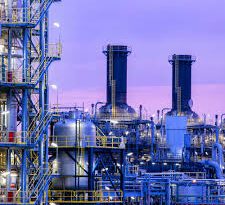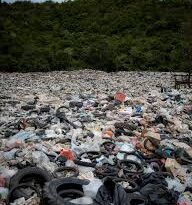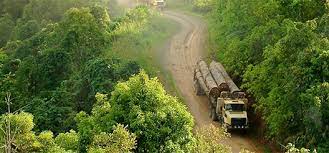Hydrologic Processes and the Biosphere
The hydrosphere is the wet or water saturated portions of the earth. This is synonymous with the hydrologic cycle which is the continuous circulation of water throughout Earth and between Earth’s systems.
In the hydrologic cycle water evaporates from the oceans; condenses in the atmosphere as clouds; falls as precipitation; absorbed by the land through a process of infiltration; stored in the aquifers and, after some period of time, makes its way back to the oceans to begin the cycle again.
The atmosphere receives water from the combined process of evaporation from moist soils and bodies of water such as oceans and rivers and streams, and transpiration from the barks of trees and stromata of leaves. This process known as evapotranspiration puts a great deal of water into the atmosphere.
Read Also : Casella Waste Services Complete Guide
At various stages, water moves through the atmosphere, the biosphere, and the geosphere, in each case performing functions essential to the survival of the planet and its life-forms.
The surface water, though vital to humans and other living things, makes up only about 0.0001% of the total volume of water on Earth indicating that far more is underground and in other compartments of the environment.
When rain falls and water is unable to infiltrate, it becomes runoff. Runoff may be flood usually called ‘flash flooding’ if infiltration is hindered in an area due to the large volume of water available compared to what may be absorbed into the earth.

Thus, water may either infiltrate or become runoff, but as long as it remains close to the surface, it will experience evaporation.
Evaporation uses the energy from the Sun to change liquid water into gaseous form, transporting it as a vapor into the atmosphere. Thus, the water is returned to the air, where it condenses and resumes the cycle we have described.
Water is important to life. For example, the human body is almost entirely made of water. The biosphere which consist of all plants and other organisms that exist in the rocks and soils are dependent on water without which they will die.
Thus, the biosphere, which combines all living things and all recently deceased things, is connected intimately with the hydrosphere. This is why the biosphere and the hydrosphere are intimately interrelated.
Life is closely related to the presence of water. For now, the earth is the only planet with water and therefore the only planet with life. If and when life is found on another planet, that planet also would contain water.
Evidence began to gather towards the end of the twentieth century that Mars contains ice crystals on its surface. Further study is, however, on-going on this discovery.
Read Also : Proper Waste Control Complete Guide
It is amazing to note that the largest portion of water on earth is hidden in the geosphere in the upper portion of earth’s crust i.e. the lithosphere.
The volume of water available on earth has remained relatively constant over the last three billion years i.e. since the Precambrian ages. The losses are gained such that there is always a balance in the amount of water available for human use at any point in time in human history.



